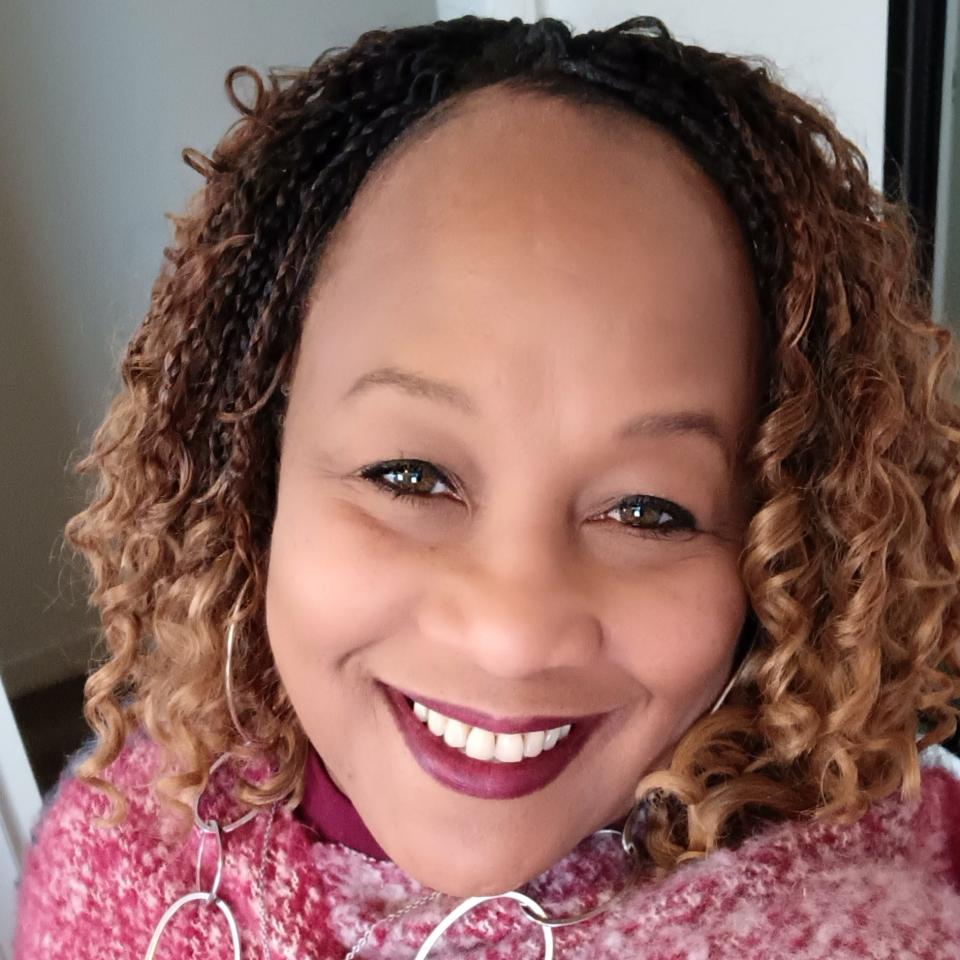Resident: 'There would be no success stories' without Rockford area sober-living homes
Some residents of the sober-living homes making headlines over alleged code violations say the houses play a crucial role in alcohol and drug addiction recovery.
Enzo Fiasche, who now works as coach with a Kalimba Foundation sober-living home in Rockford, is a recovering heroin addict who lived about four years off and on in Oxford House sober-living homes in Rockford after completing an inpatient program with Rosecrance.
Fiasche says living in a sober-living home helped him stay on the right path. He paid $125 a week to live at the Oxford House.
A job was required and he worked as a line cook and in a factory. He participated in an intensive outpatient treatment program and the five other men he lived with became his support system.
"I built relationships. I built friendships. I built a family, so to say," Fiasche said. "We did everything together. We looked out for each other."
As the city of Rockford moves to condemn a half-dozen sober-living homes run by the national nonprofit Oxford House for building code violations and neighbors share stories of relapses, ambulance calls and domestic disturbances associated with some homes, previous residents like Fiasche say the importance of these homes cannot be overstated.
More: Rockford residents oppose 'outrageous' expansion of group homes for recovering addicts

'Matter of life or death'
Friday marked one year since Stephanie Sterling, 60, quit using alcohol and crack cocaine. It is an addiction she struggled with for most of her adult life. A Rockford native and Boylan Catholic High School graduate, Sterling went through residential recovery programs multiple times but always relapsed.
This time has been different, she said.
Sterling moved to Texas in 2019 and went into an inpatient recovery program in San Antonio. Instead of going back to living on her own — she chose a different path. She chose to live in an Oxford House in Irving, Texas.
"I had unsuccessful attempts because I was going back into the same unstructured environment. I had my own home, but I was left to my own vices," Sterling said. "The structured environment allowed me to adapt to living and coping with life without the use of drugs and alcohol because we are held accountable in these homes."
She recently stayed at an Oxford House in Rockford on Applewood Lane — a "mommy and me" house for recovering women and their children — while she was home visiting family for the holidays.
Although each Oxford House is independently owned and is run democratically, they all are supposed to operate under the same general principles, Sterling said. Residents at her Irving, Texas, house have to have sponsors, hold down jobs, work a recovery program and participate in support groups. Any resident who uses drugs or alcohol or brings a guest into the house who uses drugs or alcohol gets evicted. Failing a drug test means the same.
Sterling said she was disappointed to learn that Rockford has targeted the houses for condemnation and that neighbors have rallied against them.
"People don't understand that for some people, it's a matter of life or death," she said. "And without these places, there would be no success stories."

Model has flaws
Recovering from alcoholism, Asha Mathai, a Chicago lawyer and social worker, said sober-living facilities are needed, but warns the Oxford House model is deeply flawed.
She said they lack supervision, direction and drug and alcohol testing.
If the wrong culture develops in a house, the "democratically run" model merely becomes a way to bully anyone house elders don't like, Mathai said.
After leaving treatment last year she stayed at an Oxford House for women on North Main Street in Rockford for seven months. She said the house was infested with mice and had near constant plumbing problems. It has since been transformed into an Oxford House for men.
Although they say you are supposed to work a recovery program, she said it just lip service. No one would know if the residents were working it or not.
"When you're desperate, you're desperate," Mathai said. "I have three advanced degrees, so you would think that I shouldn't be this desperate, however addiction doesn't care about your degrees or your money.
"When addiction blows through your money, it blows through your money. When it takes everything in its path down, it takes everything in its path down."

Powerless and exhausted
Originally from Addison, Illinois, Fiasche says he has an "addictive personality."
Fiasche smoked cannabis in high school. And when that wasn't strong enough, he moved on to pain pills. He turned to heroin when his doctor cut him off from the pills. Heroin quickly came to dominate his life.
Fiasche said he didn't try getting sober until he was exhausted.
"I knew I had to keep on lying, stealing and cheating in order to live, and I was getting tired," he said. "I was getting exhausted. I was getting beat up just to get, you know, $10 so I could get high."
Sterling experimented with drugs as a teenager, as well. She gradually was taking harder drugs as she became older, but she always held a job, supported herself and paid for her own place to live.
"I came from a good family," Sterling said. "It was just what we did growing up ... I had some trauma going on in my head, and until I dealt with that, I wasn't able to even fathom to stop using because it was a means of self-medication."
In her 30s, taking cocaine and smoking crack became a need, she said.
Sterling hopes that her story might convince others that there is hope for a better life.
"You start losing things and you pretty much are powerless," Sterling said. "When your life becomes unmanageable and after years and years of that going on, some people never get tired and they die a drug addict or an alcoholic. But some of us come to realize that we can change."
Getting rid of stigma
After two years of sobriety, Fiasche left an Oxford House in Rockford during the coronavirus pandemic.
He collected unemployment insurance and lived in a shack on Court Street.
He had little to do and wound up using drugs again.
In time, Fiasche was able to get himself back into Oxford House for a second stint that led to his ongoing sobriety and job as a recovery coach
One of the biggest differences between Oxford House and Kalimba is that each Kalimba sober-living houses have recovery coaches, Fiasche said. The coaches are people like him who have real-world experience and training with addiction and recovery.
Residents at both houses try to avoid making waves and work to be good neighbors, Fiasche said. They keep the lawns mowed in the summer and the sidewalks shoveled in the winter.
"We know there's a stigma against us. 'Once a junkie, always a junkie,'" Fiasche said. "You will never change. All those things, you know. And I know that people think that.
"We try not to be disruptive because we know as soon as one thing goes wrong and somebody's cat or dog is missing, they're going to blame us."
As a recovery coach, Fiasche provides support and acts as a guide. His hope is that his experience and what he's learned can help others.
"Sadly, those same five guys I lived with from the beginning of my journey, they all have died along the way," Fiasche said. "They have all ODed and died."
Jeff Kolkey writes about government, economic development and other issues for the Rockford Register Star. He can be reached at (815) 987-1374, via email at jkolkey@rrstar.com and on Twitter @jeffkolkey.
This article originally appeared on Rockford Register Star: Recovering addicts defend Rockford area sober-living homes

